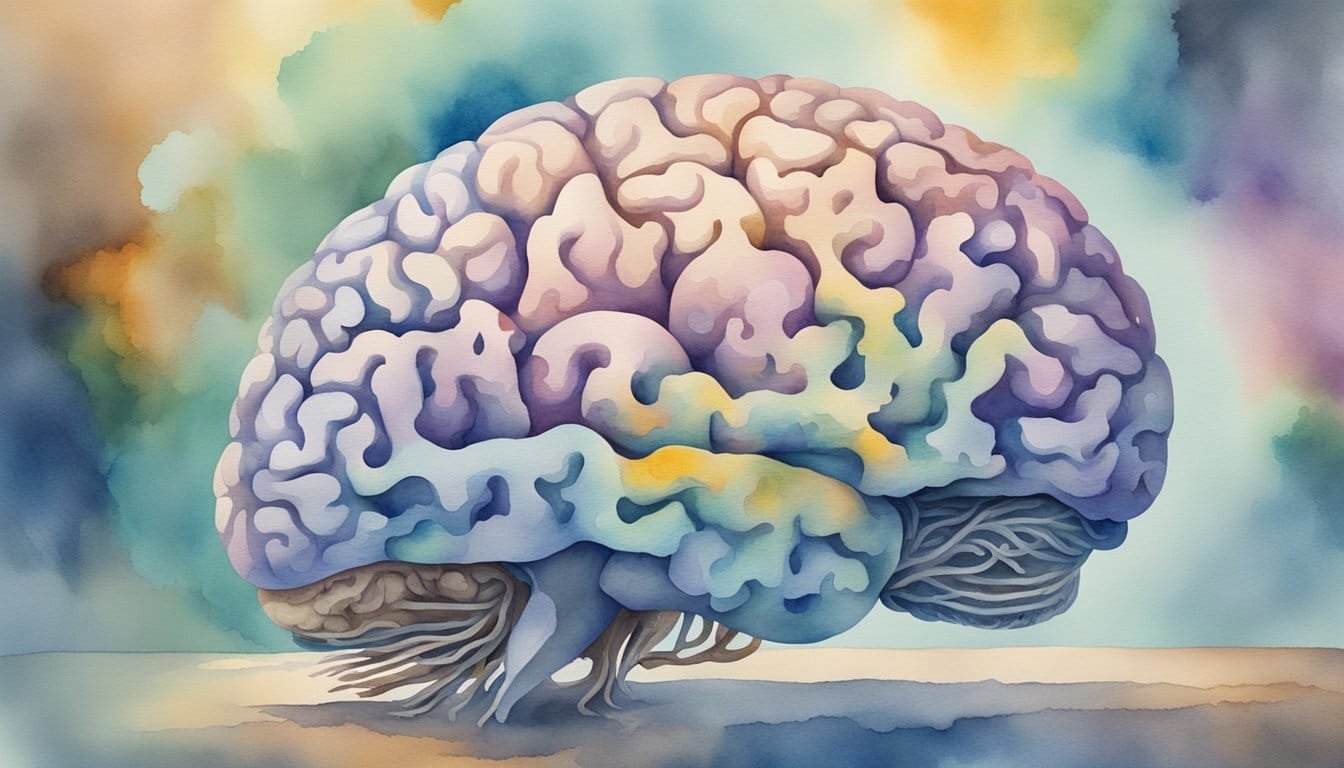Understanding Lewy Body Dementia

Lewy Body Dementia is a complex brain disease that was notably referenced in the context of the late Robin Williams. This disease is marked by unique symptoms and differs from other types of dementia.
What Is Lewy Body Dementia?
Lewy Body Dementia (LBD) is a type of progressive dementia second only to Alzheimer’s disease in prevalence. It involves abnormal deposits of alpha-synuclein, a protein that forms into clumps called Lewy bodies within brain cells, impairing cognition, movement, and behavior. Neurodegenerative dementia like LBD affects millions, including the beloved actor and comedian Robin Williams.
Signs and Symptoms
Individuals with LBD may experience a range of symptoms such as:
- Cognitive issues similar to those seen in Alzheimer’s, including memory loss and confusion.
- Movement symptoms that overlap with Parkinson’s disease, like rigidity and tremors.
- Hallucinations, which are particularly common in LBD.
- Sleep disturbances, including acting out dreams while asleep.
Differences from Alzheimer’s and Parkinson’s
While there are similarities among these conditions, LBD is distinctive in several respects:
- The presence of Lewy bodies is a specific hallmark of LBD, differentiating it from Alzheimer’s which is characterized by plaques and tangles of different proteins.
- LBD often presents with earlier and more prominent visual hallucinations compared to Alzheimer’s.
- Movement symptoms in LBD appear earlier in the course of the disease relative to Parkinson’s disease, where cognitive decline typically happens in the later stages.
- Diagnosis of LBD can be more complex, and it’s often confirmed through clinical evaluation and can be corroborated by findings during an autopsy, similar to what occurred following Robin Williams’ passing.
Robin Williams’ Battle with LBD
Actor and comedian Robin Williams faced a harrowing struggle with Lewy Body Dementia (LBD), a complex and misunderstood illness that affects both the mind and body. This section dives into his diagnosis, its effects on his behavior and mental health, and the subsequent increase in public awareness due to his case.
Diagnosis and Misdiagnoses
Initially, Williams was misdiagnosed, which is common due to the overlap of LBD symptoms with other neurodegenerative disorders like Alzheimer’s and Parkinson’s. It was only after his suicide that the LBD diagnosis was confirmed. This disease manifests with a wide array of symptoms, including movement problems and mental disturbances like hallucinations and confusion, which Williams bravely confronted.
The Impact on Behavior and Mental Health
LBD’s insidious progression led to noticeable changes in Williams’ behavior, inflicting him with severe depression, anxiety, and paranoia. His widow, Susan Williams, detailed these heartbreaking transformations in a gripping personal account, illustrating the immense toll it took on Williams and emphasizing the need for accurate diagnosis.
Legacy and Awareness
In the wake of his passing, Robin Williams’ struggle with LBD cast a spotlight on the disease. His story, told through the documentary “Robin’s Wish”, assisted the Lewy Body Dementia Association in their mission to raise awareness and advocate for those affected by this condition. Through conversations sparked by Williams’ legacy, more attention is now given to LBD, improving understanding and support for affected individuals and families.
Living with LBD and Support

Living with dementia with Lewy bodies (LBD) involves numerous challenges, but with the right strategies and support, individuals and their caregivers can navigate this journey. The key is to address symptoms, understand the unique difficulties of caregiving, and tap into helpful resources.
Managing Symptoms
LBD is a complex type of dementia that can result in a variety of symptoms, including issues with movement, sleep disturbances, and fluctuating attention. To manage these symptoms, doctors often recommend a combination of medication and non-drug approaches like physical therapy. Individuals may need medication to control movement symptoms and may find significant benefit from therapy to maintain mobility and balance.
Caregiving Challenges
The role of a caregiver for someone with LBD can be particularly demanding due to the unpredictable nature of the disease. Caregivers must be vigilant about the person’s safety, especially if movement symptoms are present. They also need to be prepared for tasks like managing changes in mental health and assisting with daily activities. It’s important for caregivers to get adequate sleep and manage their own health as well.
Resources and Support Networks
Fortunately, there are numerous support groups across America that provide assistance and educational resources for both people living with LBD and their caregivers. These groups offer a platform to log in and share experiences or log out to take a break from the daily stresses. In an article released by CNN, the importance of such support groups in providing emotional relief is highlighted. Additionally, counseling with a therapist can provide tailored mental health support, building coping strategies for both caregivers and those with dementia.

